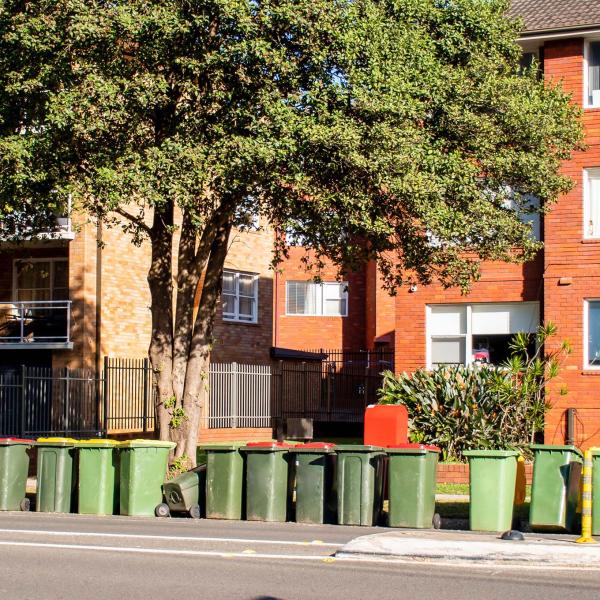Studying abroad and international labour market mobility
Is the ERASMUS scheme – where European students study for a year in a foreign country – just an excuse for a holiday or does it have some economic value? This column analyses how studying abroad affects labour-market mobility using the exposure to ERASMUS as an exogenous source of variation in studying abroad. It finds that studying abroad increases an individual's probability of working in a foreign country by about 15 percentage points.
Authors

Research Fellow University of Surrey
Matthias is a research Fellow of the IFS, a Professor in the School of Economics at the University of Surrey and a Research Fellow at the IZA.

Fabian Waldinger
Comment details
- Publisher
- Vox
Suggested citation
Parey, M and Waldinger, F. (2011). Studying abroad and international labour market mobility [Comment] Vox. Available at: https://ifs.org.uk/articles/studying-abroad-and-international-labour-market-mobility (accessed: 15 May 2024).
More from IFS
Understand this issue

Council funding is a numbers game in which everybody is losing
13 May 2024

Empty defence spending promises are a shot in the dark
29 April 2024

Public investment: what you need to know
25 April 2024
Policy analysis

What you need to know about the new childcare entitlements
28 March 2024

Oil and gas make Scotland’s underlying public finances particularly volatile and uncertain
27 March 2024

Health spending planned to fall in England and Scotland in 2024–25, suggesting a top-up likely
4 March 2024
Academic research

Sustaining behavioural change: Evidence from rural Pakistan
27 January 2023

6th World Bank/IFS/ODI Public Finance Conference | Driving Progress: Public Finance and Structural Transformation
